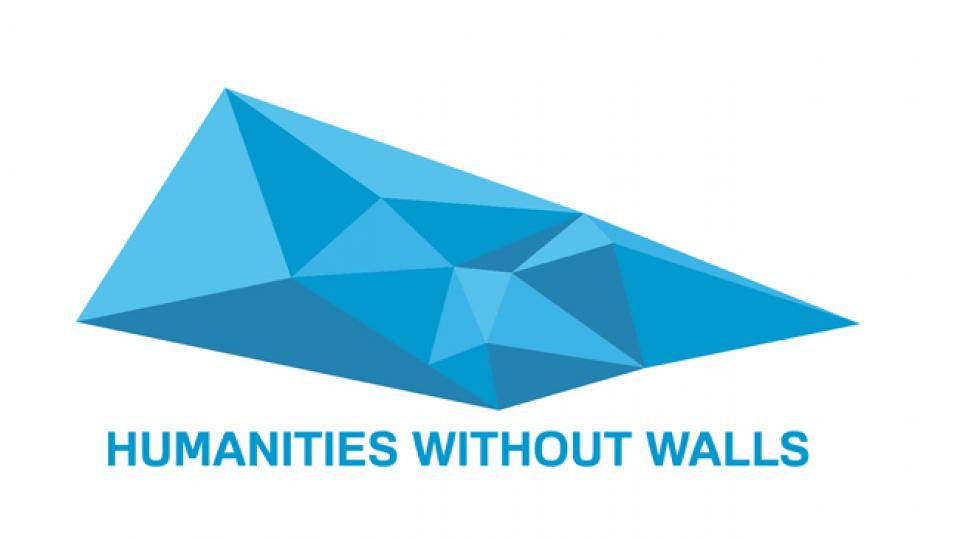
University of Nebraska-Lincoln graduate students are gaining insights into a wide variety of careers in the humanities, thanks to a 15-school consortium with the goal of strengthening humanities research and its impact on the public sphere.
Brian Sarnacki, a graduate student in history, and Janel Cayer, a graduate student in English, are participating the inaugural Alternative Academic Career Workshop in Chicago. The three-week workshop began July 20 and is co-sponsored by Humanities Without Walls and Chicago Humanities Festival.
The workshop is allowing 30 graduate students – two from each Humanities Without Walls consortium institution – to explore careers in the humanities outside academia, which was one of the prongs within the consortium, of which UNL’s Center for Digital Research in the Humanities is a member. A workshop will be held each year for a select group of doctoral students to prepare them for careers outside of academia.
“There is a perception that a doctorate in the humanities is only of value if it leads directly to an academic position. That simply isn’t true,” Chicago Humanities Festival associate artistic director Alison Cuddy said. “Training in the humanities puts you in a great position to be involved in issues of importance to your community and the broader public. Humanities Without Walls is designed to help students reimagine their post-doctoral life and consider the skills and networks to access a career in the public humanities.”
Sarnacki, whose research examines how communities have dealt with historical change, said the workshop has exposed him to career options he hadn’t considered.
“We have or will be visiting with an advertising agency, design firm, management consulting firm, archives, libraries, museums, and university presses,” Sarnacki said. “We also met with university administrators and academic advisors. Each session of the workshop aids my job search by exposing me to other fields and careers and giving me strategies for communicating my expertise to a larger audience.”
Cayer, who studies literature from the Mexican-American War, said she applied for the workshop because she does not want to pursue a career in academia after earning her doctorate.
“Perhaps the most valuable thing has been a new perspective on how I think about my work, including considering how the skills I've cultivated in my graduate education are transferable to careers outside the academy,” Cayer said.
Humanities Without Walls provided a stipend to the students selected to attend and organized housing arrangements for the three-week stay. The consortium aims to promote academic collaboration among the humanities centers of 15 major research institutions in the Midwest and beyond. Consortium members are the 13 of the institutions that belong to the Committee on Institutional Cooperation -- Indiana University, Michigan State University, Northwestern University, Ohio State University, Penn State University, Purdue University; and the Universities of Chicago, Iowa, Michigan, Minnesota, Nebraska-Lincoln, and Wisconsin-Madison -- plus the University of Notre Dame and the University of Illinois at Chicago.
— Deann Gayman, University Communications